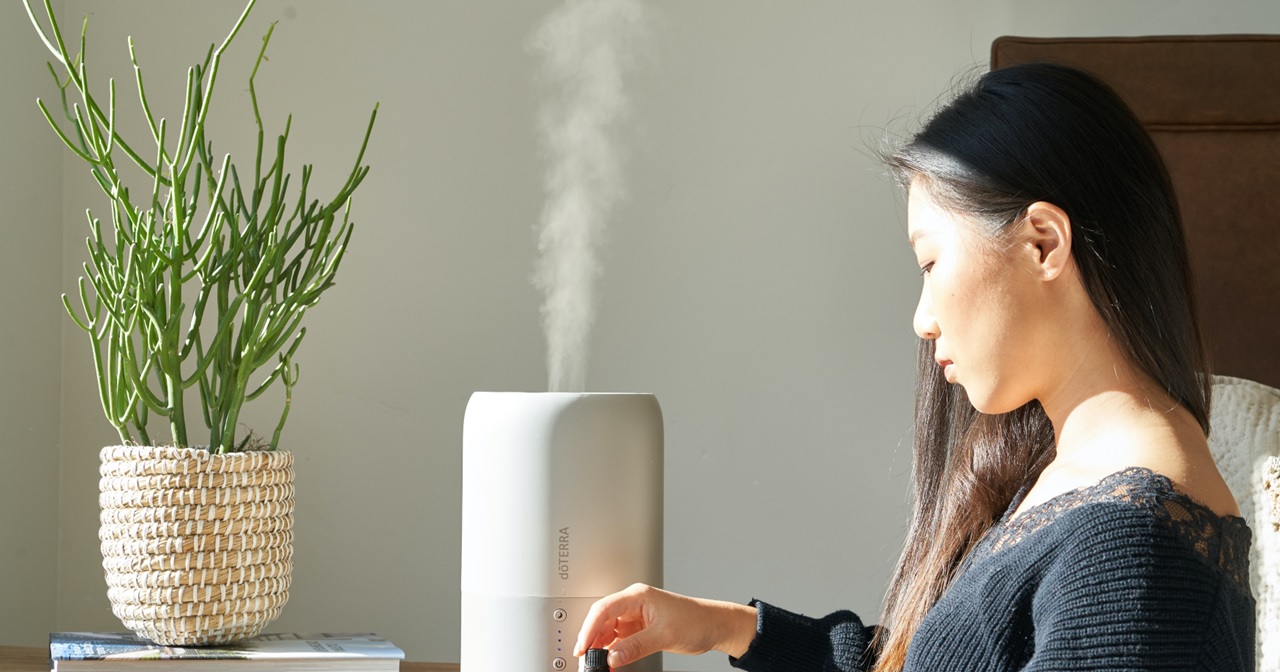

Articles
How Does Humidifier Help Cough
Modified: February 27, 2024
Learn how using humidifier can help alleviate cough and improve air quality. Read our informative articles on the benefits of using a humidifier in managing cough symptoms.
(Many of the links in this article redirect to a specific reviewed product. Your purchase of these products through affiliate links helps to generate commission for Storables.com, at no extra cost. Learn more)
Introduction
Welcome to our comprehensive guide on how humidifiers can help with cough relief. Coughing is a common symptom that can be caused by various factors such as respiratory infections, allergies, or environmental irritants. If you’re someone who frequently experiences coughing, particularly during the dry winter months or in dry climates, a humidifier might be just what you need to find some relief.
In this article, we’ll explore the effects of dry air on coughing, how humidifiers work to alleviate cough symptoms, the benefits of using a humidifier for cough relief, and important considerations when choosing and using a humidifier for this purpose. So, let’s dive in and discover how a humidifier can make a difference in your coughing journey.
Key Takeaways:
- Combat dry air-induced coughing by using a humidifier to moisturize the air, loosen mucus, and soothe irritated airways. Choose the right type and maintain it properly for effective relief.
- Safely harness the benefits of a humidifier for cough relief by prioritizing cleanliness, water quality, and optimal humidity levels. Combine its use with other remedies for comprehensive symptom management.
Read more: What Type Of Humidifier Is Best For Cough
Understanding Cough
Coughing is a natural reflex mechanism of the body designed to clear the airways of irritants, mucus, or foreign substances. It can be categorized into two types: acute cough, which is short-term and usually lasts for a few weeks, and chronic cough, which persists for more than eight weeks.
Common causes of coughing include respiratory infections such as the common cold, flu, or bronchitis, allergies triggered by pollen, dust mites, or pet dander, and irritants like tobacco smoke, air pollution, or dry air. Coughing can be accompanied by other symptoms such as a sore throat, chest congestion, or difficulty breathing.
When our respiratory system is exposed to dry air, it can exacerbate coughing. Dry air has a lower humidity level, meaning it lacks moisture. This can lead to irritation and inflammation of the airways, making them more sensitive and prone to coughing. People with pre-existing respiratory conditions like asthma or chronic obstructive pulmonary disease (COPD) may be more susceptible to the effects of dry air on their cough symptoms.
Effects of Dry Air on Cough
Dry air can have various negative effects on the respiratory system and can worsen cough symptoms. Here are some of the key ways in which dry air can impact coughing:
- Irritates the Airways: When the air we breathe lacks moisture, it tends to dry out the mucous membranes lining our respiratory tract. This can irritate the airways, making them more sensitive and prone to coughing.
- Increases Mucus Thickness: Dry air can cause the mucus lining our airways to become thicker and stickier. This can hinder the natural clearing mechanism, making it more difficult for the body to expel mucus and irritants through coughing.
- Worsens Inflammation: Dry air can exacerbate inflammation in the respiratory system, leading to further irritation and discomfort. This can increase coughing and prolong the recovery process.
- Aggravates Existing Respiratory Conditions: For individuals with respiratory conditions such as asthma or COPD, dry air can trigger bronchospasms and worsen symptoms like coughing, wheezing, and shortness of breath.
By addressing the issue of dry air and maintaining optimal humidity levels in your environment, you can help alleviate cough symptoms and promote better respiratory health. This is where a humidifier can play a crucial role in providing relief.
How Humidifiers Work
Humidifiers are devices designed to increase the humidity or moisture content in the air. They work by emitting water vapor into the surrounding environment, thereby raising the humidity levels. There are different types of humidifiers available, including evaporative humidifiers, ultrasonic humidifiers, and steam humidifiers. Each type operates in its own way, but the ultimate goal is to alleviate dryness and improve the overall moisture balance in the air.
Evaporative humidifiers utilize a fan to blow air over a wick or filter soaked in water. As the air passes over the wet surface, it picks up moisture and releases it into the room. These types of humidifiers are often self-regulating, meaning they adjust the moisture output based on the humidity levels, thereby preventing over-humidification.
Ultrasonic humidifiers, on the other hand, use ultrasonic vibrations to produce a fine mist that is released into the air. These devices contain a small metal diaphragm that vibrates at an ultrasonic frequency, breaking water particles into tiny droplets. The mist is then expelled into the room, increasing humidity levels. Ultrasonic humidifiers are generally quieter and more energy-efficient than evaporative humidifiers.
Steam humidifiers, also known as vaporizers, heat water to produce steam, which is then released into the air. These humidifiers typically have a heating element or electrode that boils the water, creating steam that humidifies the room. Steam humidifiers are effective at quickly raising humidity levels and can provide relief for respiratory symptoms, but they may consume more energy and require more maintenance compared to other types.
Regardless of the type, humidifiers are designed to add moisture to the air and alleviate dryness. By increasing humidity levels, they can help soothe irritated airways, loosen mucus, and reduce coughing. However, it is important to note that proper maintenance of humidifiers is crucial to prevent bacterial or mold growth. Regular cleaning and disinfection of the humidifier are necessary to ensure clean and healthy moisture output.
Benefits of Using a Humidifier for Cough
Using a humidifier can provide several benefits when it comes to alleviating cough symptoms. Here are some of the key advantages:
- Moisturizes Dry Air: One of the primary benefits of a humidifier is its ability to add moisture to dry air. By increasing humidity levels in your environment, a humidifier helps to combat the drying effects of low humidity. This can soothe irritated airways, reduce inflammation, and alleviate coughing.
- Loosens Mucus: Dry air can cause the mucus in your respiratory system to become thicker and more difficult to expel. A humidifier helps to moisten the mucus, making it thinner and easier to cough up. This can promote better clearance of mucus and irritants, providing relief from cough symptoms.
- Soothes Sore Throat: Coughing often leads to a sore throat. Dry air can further exacerbate this discomfort by drying out the throat and causing irritation. A humidifier adds moisture to the air, soothing a sore throat and reducing coughing caused by throat dryness.
- Reduces Nighttime Coughing: Many people experience a worsening of cough symptoms at night, which can disrupt sleep. By using a humidifier in your bedroom, you can create a more humid environment that helps to alleviate nighttime coughing. This can result in a more restful sleep and improved overall well-being.
- Eases Respiratory Conditions: Individuals with respiratory conditions such as asthma, bronchitis, or allergies may find relief from their cough symptoms by using a humidifier. The moist air provided by a humidifier can help to alleviate airway inflammation and reduce coughing associated with these conditions.
It’s important to note that humidifiers are not a cure for underlying respiratory conditions or infections. However, they can provide temporary relief and support symptom management, especially when used in conjunction with other recommended treatments or medications. Consult with your healthcare provider to determine the best approach for managing your cough and whether a humidifier is a suitable addition to your treatment plan.
Using a humidifier can help ease coughing by adding moisture to the air, which can soothe the throat and reduce irritation. Make sure to clean the humidifier regularly to prevent mold and bacteria growth.
Read more: How Does Construction Help The Economy
Choosing the Right Humidifier for Cough Relief
When it comes to selecting a humidifier for cough relief, there are a few factors to consider to ensure you choose the right one for your needs. Here are some key considerations:
- Type of Humidifier: Determine which type of humidifier suits your preferences and requirements. Evaporative humidifiers are great for larger rooms, while ultrasonic humidifiers are quieter and more energy-efficient. Steam humidifiers can provide quick relief but require more maintenance.
- Room Size: Take into account the size of the room or area you intend to use the humidifier in. Different models have varying coverage capacities, so be sure to choose one that can effectively humidify the entire space.
- Humidistat: Consider a humidifier with a built-in humidistat or humidifier control. This feature allows you to monitor and adjust humidity levels according to your comfort and needs. Maintaining an optimal humidity range of 30-50% is generally recommended.
- Easy Maintenance: Look for a humidifier that is easy to clean and maintain. Regular cleaning and disinfection are essential to prevent the growth of bacteria or mold in the humidifier’s water tank and accessories.
- Noise Level: If you plan to use the humidifier in your bedroom or in a space where quiet is important, consider a model with noise-reduction features. Ultrasonic humidifiers are generally known for their quieter operation.
- Additional Features: Some humidifiers come with extra features like night lights, aromatherapy capabilities, or automatic shut-off. Assess whether these additional features are important to you and align with your preferences.
It’s also crucial to follow the manufacturer’s instructions for proper use and maintenance of the humidifier. This will ensure optimal performance and prevent any potential issues.
Lastly, be mindful of the quality of the water used in the humidifier. Using distilled or demineralized water can help minimize the accumulation of mineral deposits and the release of impurities into the air.
By considering these factors and selecting the right humidifier for your needs, you can effectively utilize this device to alleviate cough symptoms and improve your overall respiratory well-being.
Safety Considerations when Using a Humidifier for Cough
While humidifiers can provide relief from cough symptoms, it’s important to use them safely to prevent any potential risks or adverse effects. Here are some safety considerations to keep in mind:
- Cleanliness: Regularly clean and disinfect your humidifier according to the manufacturer’s instructions. Stagnant water in the humidifier’s tank can become a breeding ground for bacteria, mold, and other microorganisms. This can lead to respiratory infections or worsen existing cough symptoms.
- Water Quality: The quality of water you use in the humidifier is crucial. Tap water may contain minerals and impurities that can be released into the air as the water evaporates. Consider using distilled or demineralized water to minimize mineral buildup and reduce the risk of breathing in impurities.
- Humidity Levels: Maintain a healthy humidity level in your environment. High humidity levels can promote the growth of mold, while extremely low humidity levels may not effectively alleviate cough symptoms. Aim for a humidity range of 30-50% to create a comfortable and safe environment.
- Placement: Position the humidifier on a flat surface, away from the edges and out of the reach of children or pets. Make sure it is placed at a safe distance from walls or furniture to avoid any potential damage or moisture buildup.
- Over-humidification: Avoid over-humidifying your space. Excess moisture in the air can create a damp environment that promotes the growth of mold and mildew. Additionally, over-humidification can lead to condensation on windows, walls, or furniture, which can cause damage.
- Monitoring: Use a hygrometer or built-in humidistat to monitor humidity levels. This will help you ensure that the humidifier is operating within the desired range and prevent excessive moisture buildup.
- Time of Use: Use the humidifier as needed, especially when cough symptoms are pronounced or when the air is dry. Avoid leaving the humidifier operating unnecessarily, as this can contribute to higher energy consumption and potential safety hazards.
By following these safety considerations and implementing proper maintenance and usage practices, you can safely enjoy the benefits of a humidifier for cough relief.
Tips for Using a Humidifier Effectively for Cough
To maximize the effectiveness of your humidifier in alleviating cough symptoms, consider the following tips:
- Proper Placement: Place the humidifier in the room where you spend the most time, especially during sleep. This ensures that you receive the maximum benefits of the humidifier and that it can effectively alleviate nighttime coughing.
- Consistent Use: Use the humidifier consistently throughout the day, especially during dry seasons or in dry climates. Continuous moisture in the air helps to prevent dryness and soothe cough symptoms.
- Optimal Humidity Levels: Keep an eye on humidity levels using a hygrometer. Aim for a humidity range of 30-50% to create a comfortable environment without promoting excess moisture.
- Regular Cleaning: Clean and disinfect the humidifier on a regular basis to prevent the buildup of bacteria, mold, and other microorganisms. Follow the manufacturer’s instructions for cleaning and maintenance.
- Water Quality: Use distilled or demineralized water to minimize mineral buildup and prevent the release of impurities into the air. This helps to maintain clean and healthy moisture output.
- Adjust Moisture Output: Some humidifiers have adjustable settings to control moisture output. Adjust the settings according to your comfort level and the severity of cough symptoms.
- Safety Checks: Perform routine safety checks to ensure that the humidifier is functioning properly. Check for any leaks, strange odors, or malfunctions that could affect its performance or pose a risk.
- Combine with Other Remedies: While a humidifier can provide relief, it is often beneficial to combine its use with other cough remedies such as staying hydrated, using saline nasal sprays, or using over-the-counter cough medications as recommended by your healthcare provider.
Remember, each person may respond differently to humidifier use. It’s essential to monitor your symptoms and consult with a healthcare professional if your cough persists or worsens despite using a humidifier and other remedies.
By following these tips, you can effectively harness the power of a humidifier to alleviate cough symptoms and create a more comfortable and soothing environment for respiratory relief.
Conclusion
Coughing can be a bothersome symptom that can disrupt your daily activities and sleep. Dry air is a common trigger for coughing and can worsen respiratory conditions. The good news is that using a humidifier can provide much-needed relief by adding moisture to the air and soothing irritated airways.
In this comprehensive guide, we’ve explored how humidifiers work and their benefits for cough relief. Humidifiers moisturize dry air, loosen mucus, soothe sore throats, and reduce coughing, making them an effective tool in managing cough symptoms.
When choosing a humidifier, consider the type, room size, maintenance requirements, and additional features that suit your needs. It’s crucial to follow safety considerations such as regular cleaning, using distilled water, and maintaining optimal humidity levels to ensure the safe and effective use of your humidifier.
Remember, a humidifier is not a substitute for medical advice or treatment. If your cough persists or worsens, it’s important to consult with a healthcare professional for a proper diagnosis and treatment plan.
By utilizing a humidifier along with other cough remedies and practicing good respiratory health habits, you can find relief from cough symptoms and create a more comfortable and supportive environment for your respiratory well-being.
So, say goodbye to dry air and coughing, and hello to a more soothing and comfortable indoor environment with the help of a humidifier!
Frequently Asked Questions about How Does Humidifier Help Cough
Was this page helpful?
At Storables.com, we guarantee accurate and reliable information. Our content, validated by Expert Board Contributors, is crafted following stringent Editorial Policies. We're committed to providing you with well-researched, expert-backed insights for all your informational needs.

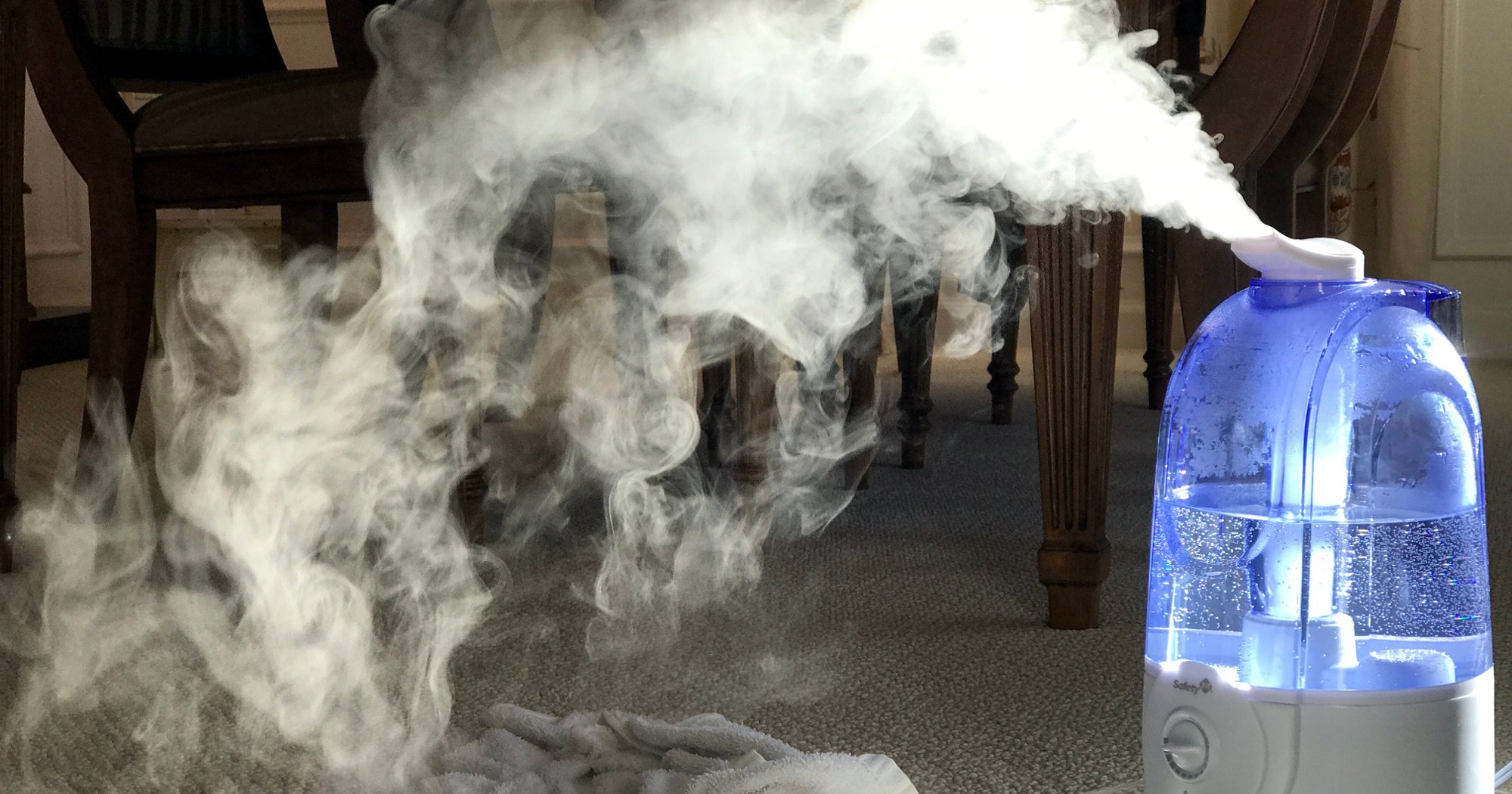


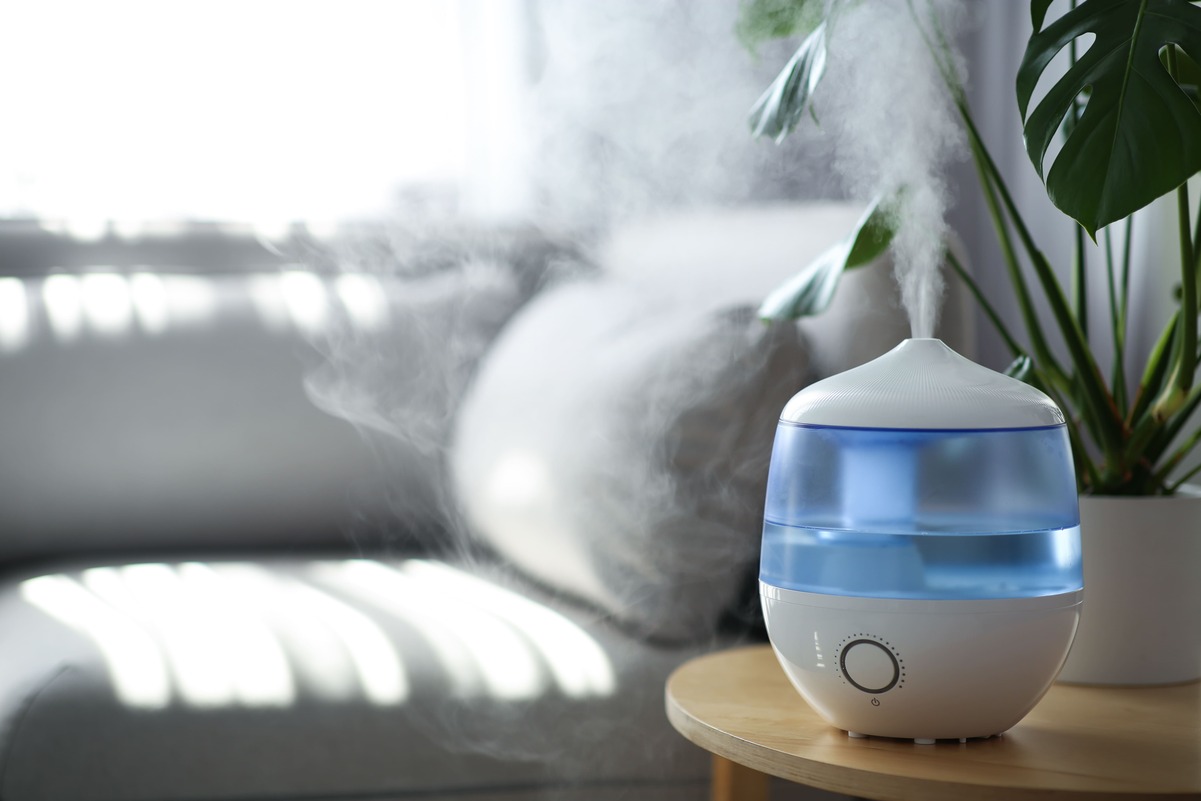


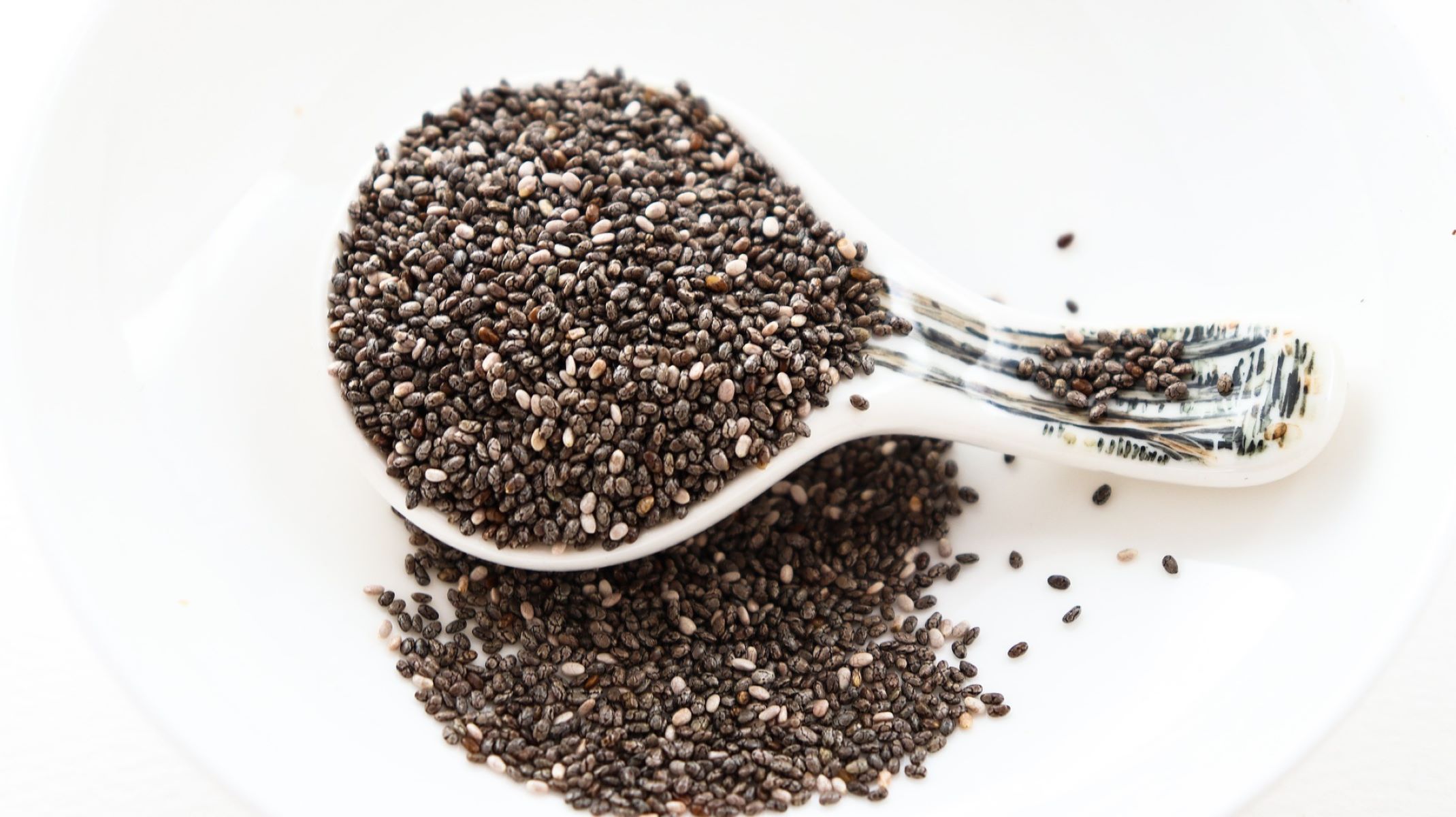
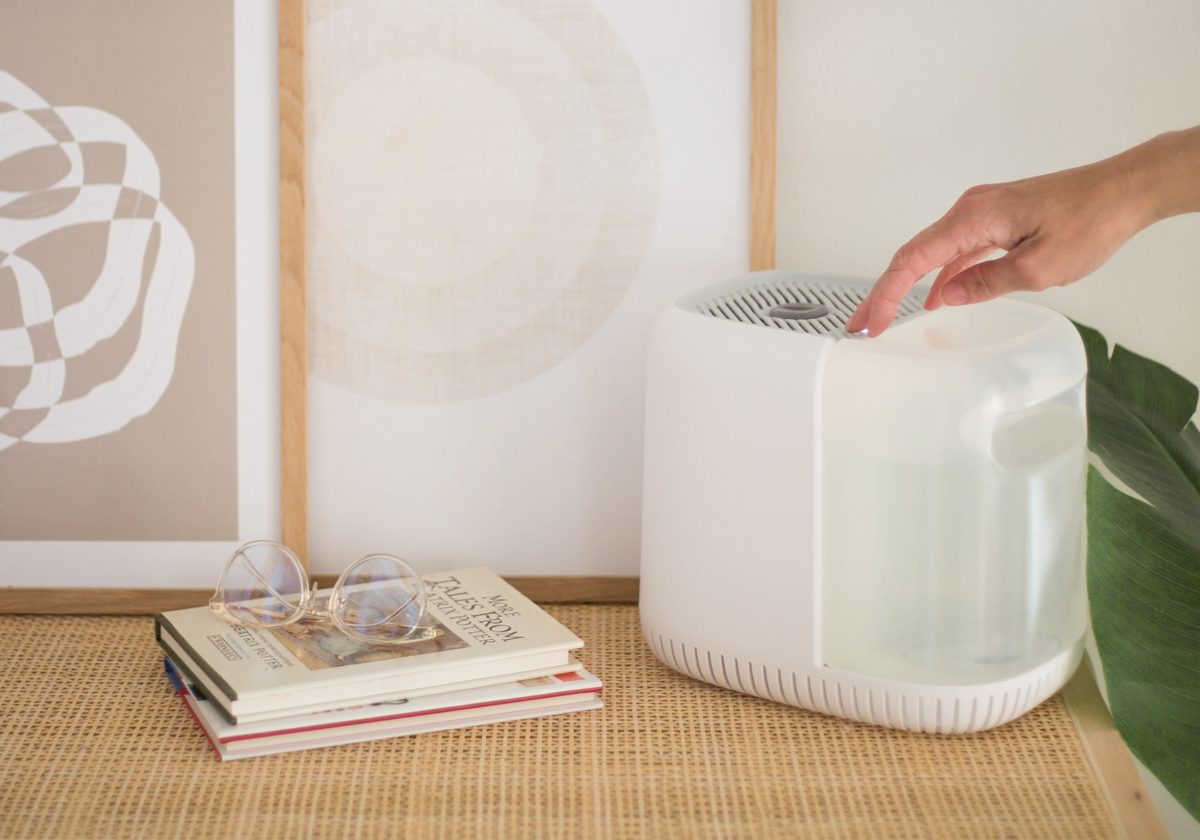

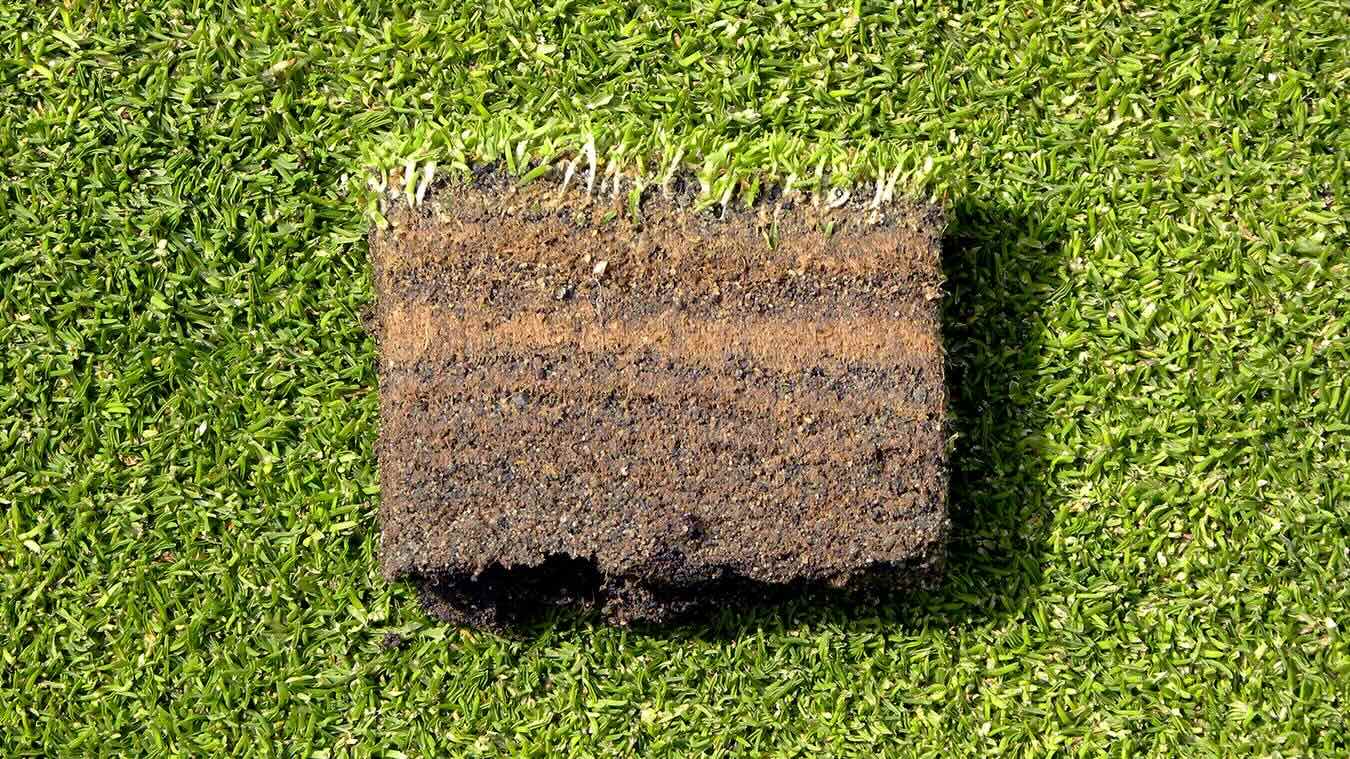
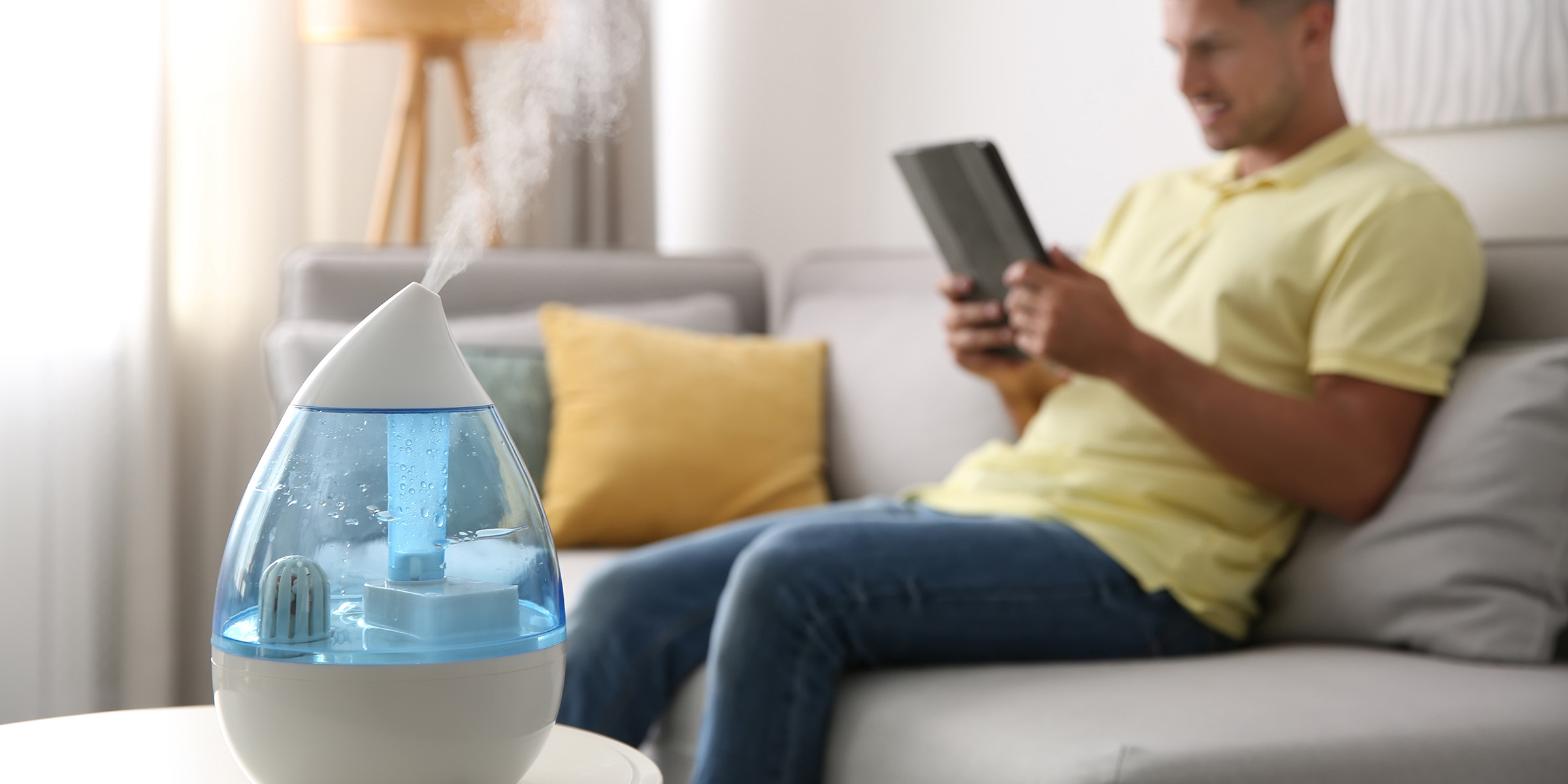

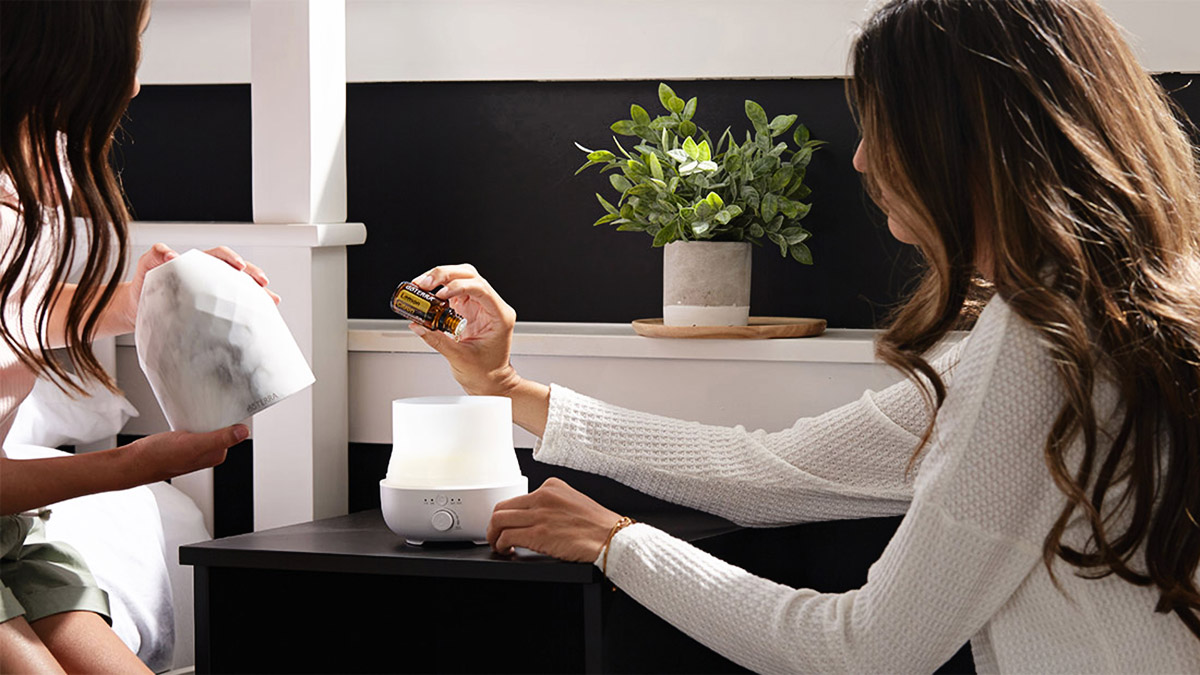

0 thoughts on “How Does Humidifier Help Cough”